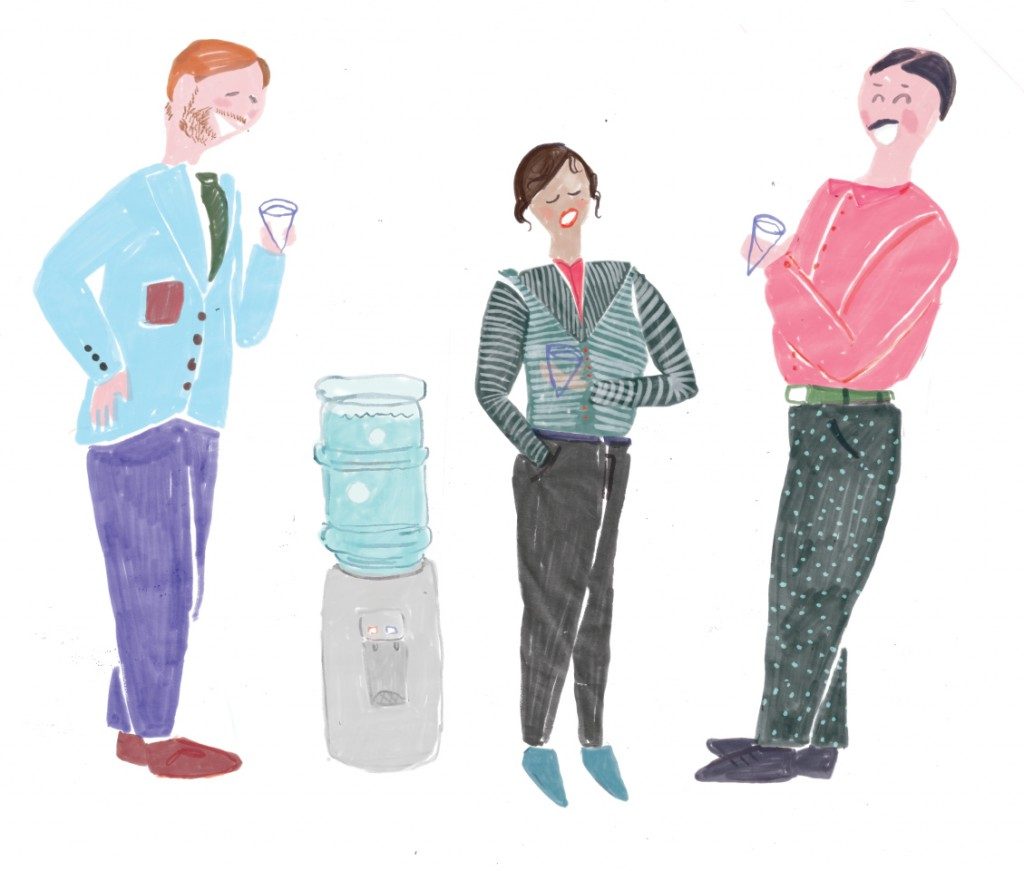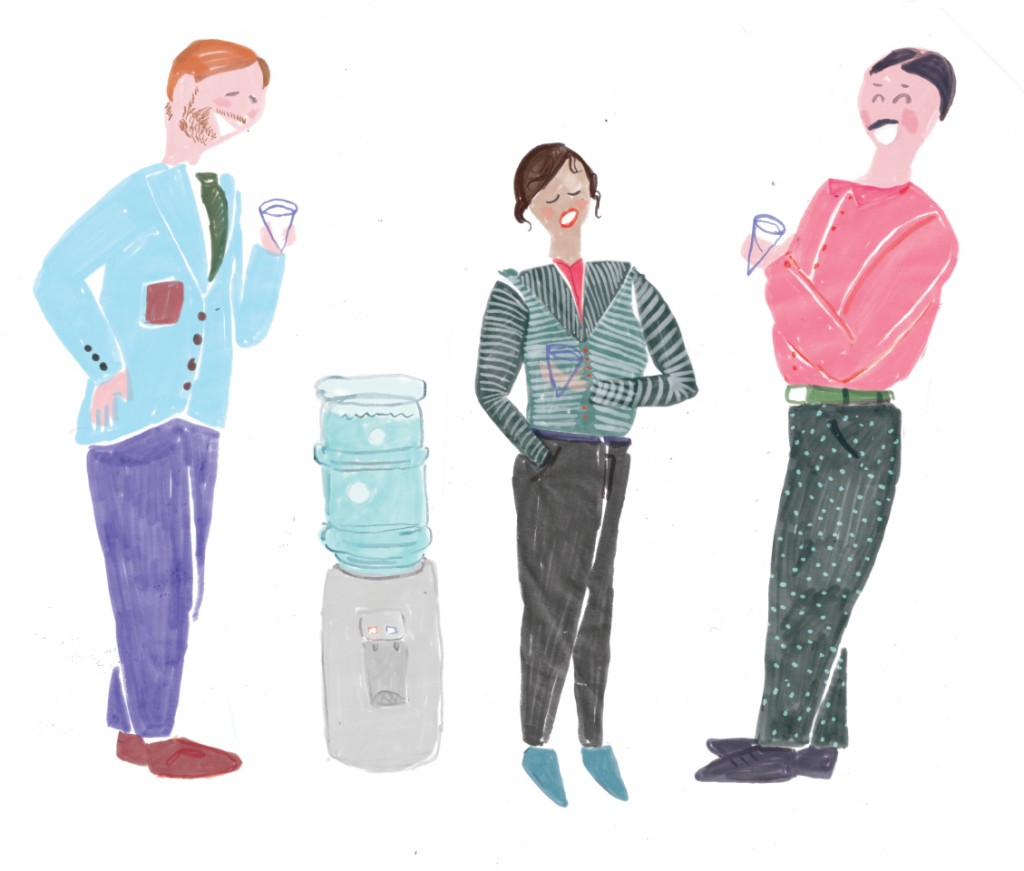
Feminine power and social perception
By Brittney MacDonald, Life & Style Editor
I identify as a feminist, so I know that the idea of gender norms is a constant and persistent discussion, so much so that it has almost become background noise. I mean, the picture of the angry feminist ranting about problematic female stereotypes has become a trope unto itself. I assure you that this will be a little different—for one, I’m not going to bring up society forcing young women into being demure. Secondly, I’m not angry, just disappointed in society’s inability to recognize that our idea of feminine power is to remove the feminine.
To start off with, I want to be clear that when I refer to masculine and feminine, I am in fact referring to social constructs of opposing binaries, and not referencing birth or biological sex/gender. I am of the firm belief that we can choose how we identify and how we wish to be seen, and it is in that choice that we can either become masculine, feminine, or gender fluid. So really, the perception of power that I will be talking about is the perception for all who identify as female.
Recently I watched a music video by CL and Iggy Azalea and I came to the realization that feminine power, more specifically the social perception of it, is a strange and mercurial thing. The problem I am having is if we take a generalized model of an empowered female and remove the feminine aesthetic value (i.e. the fact that the subject looks female), then how do we disassociate that from male empowerment; and in that respect, does that disassociation need to occur?
To make it the issue a little clearer, try to think of behaviour we classify as “empowering” for women—standing up for themselves, sexual freedom, being financially independent—then think of how these aspects of feminine power are expressed through the media. Women are portrayed as loud and aggressive, promiscuous yet in a way that is self-determined and positive, and exploiting their wealth—much in the same way that urban culture portrays male power or dominance. Where I think the problem occurs is that this similar portrayal is too similar, because these “empowered” women are also often shown objectifying other women, either in a homoerotic way, or in a “me versus them” type of scenario. The first way is the easier one to identify when it occurs, and it is because of that ease of identification that it can be perceived as harmless.
The media’s obsession with lesbianism, or rather the perception of lesbianism, is based in its appeal to heterosexual men—meaning that it actually has very little to do with homosexuality. Heterosexual men like to see attractive women make out, so therefore attractive women will make out to get the attention of men. It’s an annoying and frustrating concept that actual lesbians and bisexual women have to deal with; the idea that their sexuality is a ploy to gain masculine approval. This then fosters the “right man” belief—the idea that a lesbian isn’t an actual lesbian, that she just needs to meet the “right man” before going back on the train to Dicksville.
The “me versus them” scenario is a little subtler, and it doesn’t attempt to make grand generalizations about feminine sexuality or play into the stereotype that all women are needy and attention-seeking. This is about the only positive thing about it. Creating a “me versus them” type of situation is basically a way of eliminating yourself from a stereotype—so you are thereby claiming power by disassociating yourself from the powerless. In this case a woman will emphasize more traditionally “masculine” aspects of her personality—aggression, assumed authority, etc.—in her use of slang, body language, and basic behaviours to set herself apart from other women. In some cases, she may even actively invoke the image of the traditionally feminine figure as something she is working against by mentioning or creating a side-by-side comparison visually or vocally. To put it in very basic terms, she becomes a pseudo-male. This is most common in the workplace or in any area where a woman may find herself in a male-dominated environment. It’s easier to fit in than it is to stand out, so becoming “one of the boys” is generally the simplest way to avoid conflict.
Though this may work out for the individual, it doesn’t empower women as a whole, or validate the existence of feminine power in any way. Instead all it does is solidify the generalization of all women by creating outliers to emphasize the stereotype that most women are trying to work against.
From my observations, it is clear that whether or not the disconnect between masculine and feminine power is important or not seems less problematic than the actual vision of “empowerment” as a whole. If becoming empowered means you must therefore become exclusionary or fraudulent, then it isn’t really empowerment, no matter what pop culture tells you.

